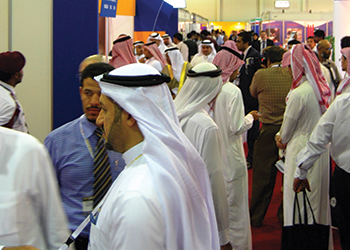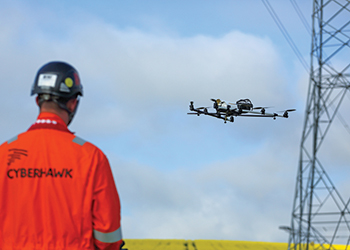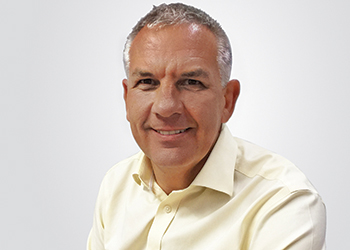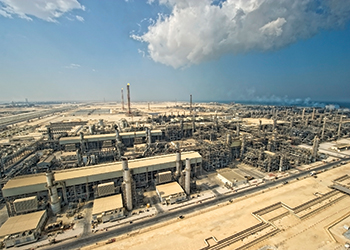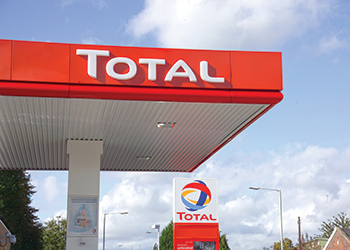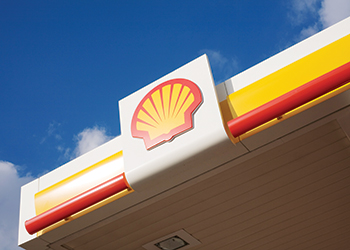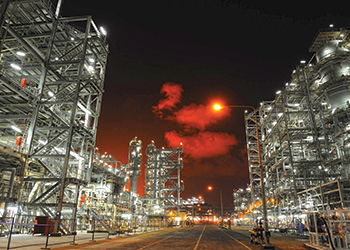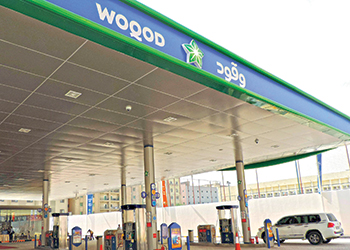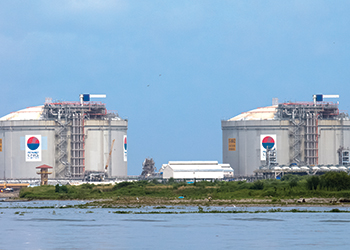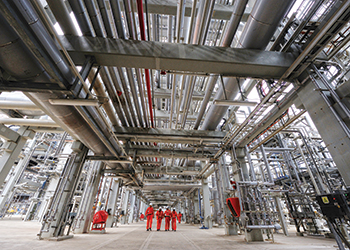
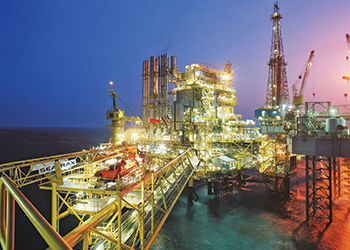 Maersk ... making an all-out effort for Al Shaheen
Maersk ... making an all-out effort for Al Shaheen
Maersk’s key competitors for Al-Shaheen all have assets in Qatar, so must be seen to at least attempt to "curry favour" with Qatar Petroleum by making a decent bid even if they are not really interested
Incumbent operator Maersk Oil has emerged as a front-runner in the race for the new production sharing agreement (PSA) at Qatar’s largest oil field, Al-Shaheen, Doha-based sources say.
International oil companies (IOCs) are expected to submit bids by the end of this month for the upcoming concession renewal – almost a year after state Qatar Petroleum, the PSA partner, announced it had invited leading IOCs to compete for the future operatorship of the field.
Denmark’s Maersk, whose 25-year contract will expire in 2017, had been offered neither first refusal nor a chance to extend the agreement. But the company was boosted by recent favorable comments by QP chief executive Saad Al Kaabi, who told Maersk employees at a "town hall" meeting that "as the heart of Al-Shaheen, naturally, you will have a place in its future".
It remains to be seen how competitive the bidding process will be amid current market conditions. The renewal comes at a time when low oil prices have pushed firms to implement major cost-cutting programs and to review or delay final investment decisions on capitAl intensive projects.
Maersk’s key competitors for Al-Shaheen all have assets in Qatar, so must be seen to at least attempt to "curry favour" with QP by making a decent bid even if they are not really interested, according to one source. Industry executives have been extremely tight-lipped about the bidding process, bound by stringent confidentiality agreements.
For Maersk, the loss of Al-Shaheen would be devastating, considering the field’s production of about 300,000 barrels per day of crude accounts for around 40 per cent of the company’s total output. Al-Shaheen also makes up almost 50 per cent of Qatar’s overall crude production.
A Maersk spokesman says that although the company is "obviously very grateful for the very positive recognition of our joint achievements and the encouraging feedback" from Al Kaabi, it is also "cognisant that the competitive evaluation is ongoing and therefore remains focused on submitting a proposal with the best technical solutions and financial return."
Presenting a broader Qatari strategy in June last year, Al Kaabi says IOCs "will have to compete harder and offer more" in order to be accepted by national oil companies and win projects.
In the years of high oil prices and the early days of development, IOCs received favourable deals to encourage them to develop Qatar’s assets. It hasn’t been an easy ride though, and Al-Shaheen is a particularly high-cost project, owing to its offshore location, complex, variable geology and medium-heavy sour crude. The field’s complex geological setting requires use of multiple specialist techniques, including horizontal drilling, waterflooding and enhanced oil recovery, to maximize production.
Spanning 2,214 square kilometres, the oil field has required billions of dollars in capital investment and includes over 300 wells, a network of nine process platforms, seven accommodation platforms, eleven wellhead platforms, hundreds of kilometres of offshore pipeline and two of the world’s largest floating storage and offloading vessels.



































































